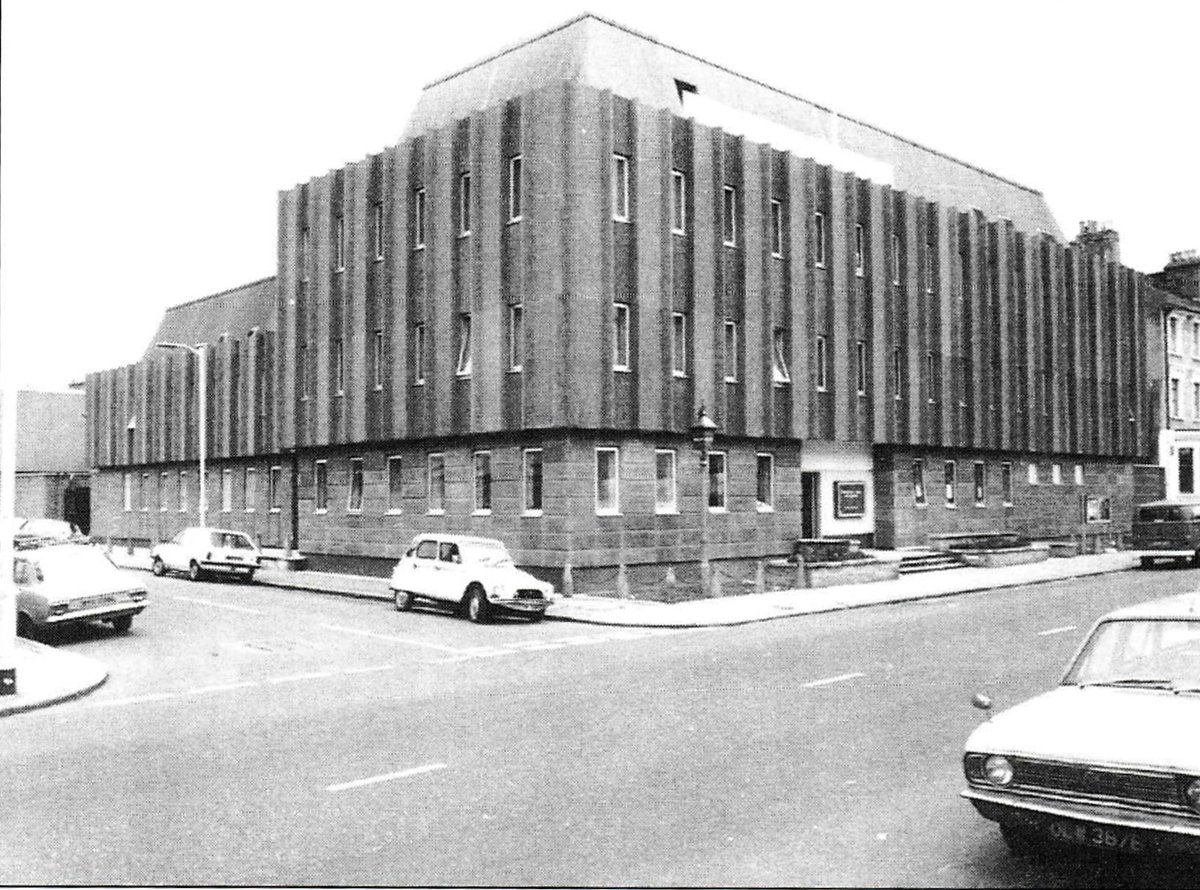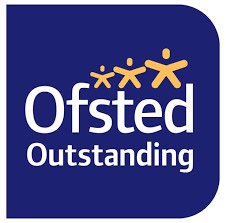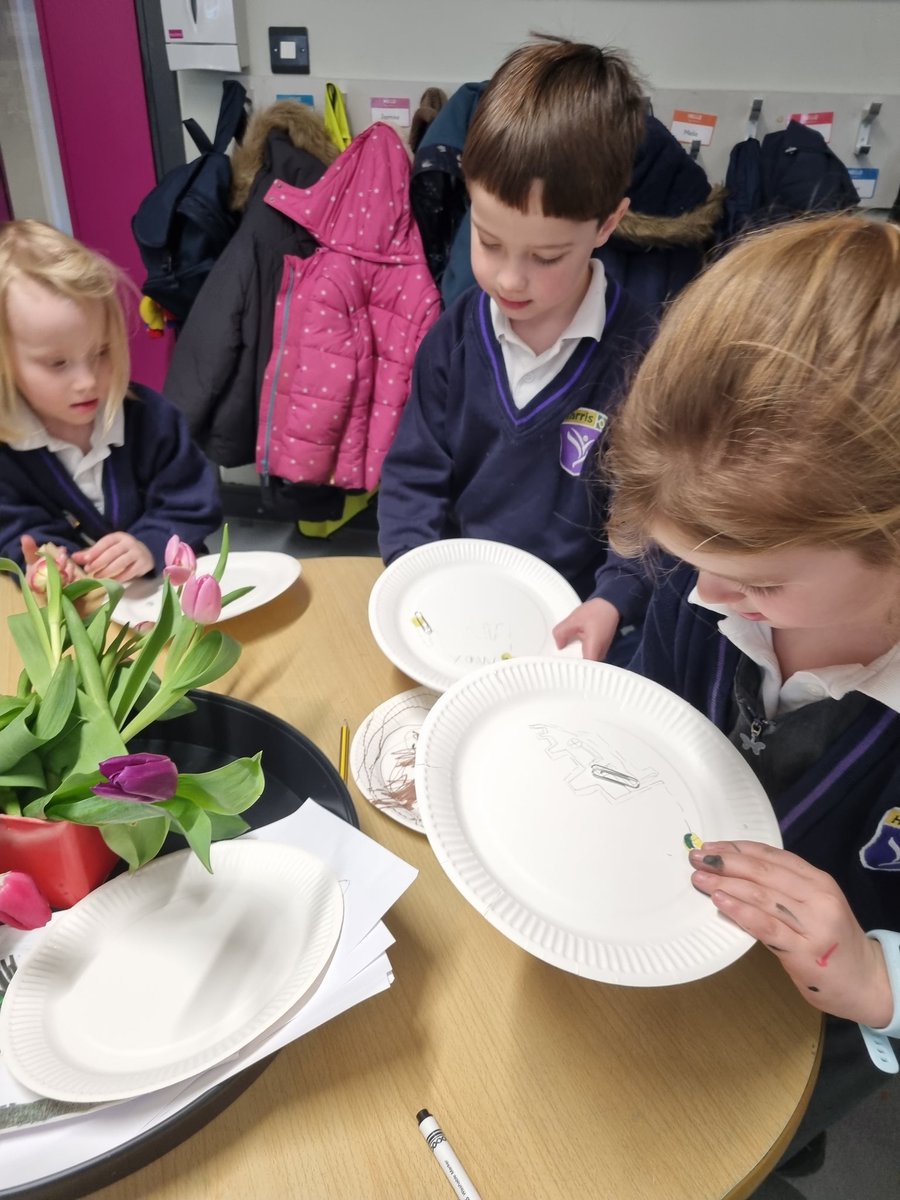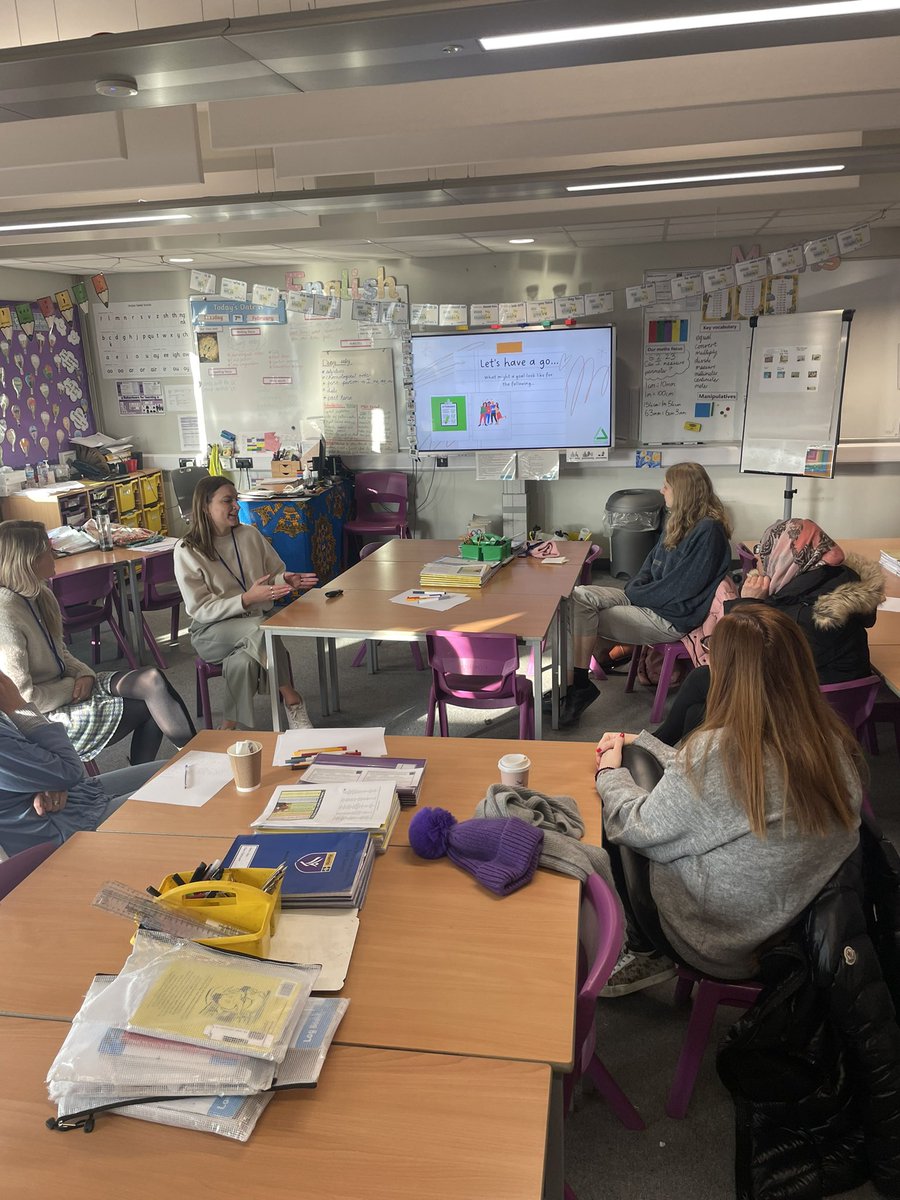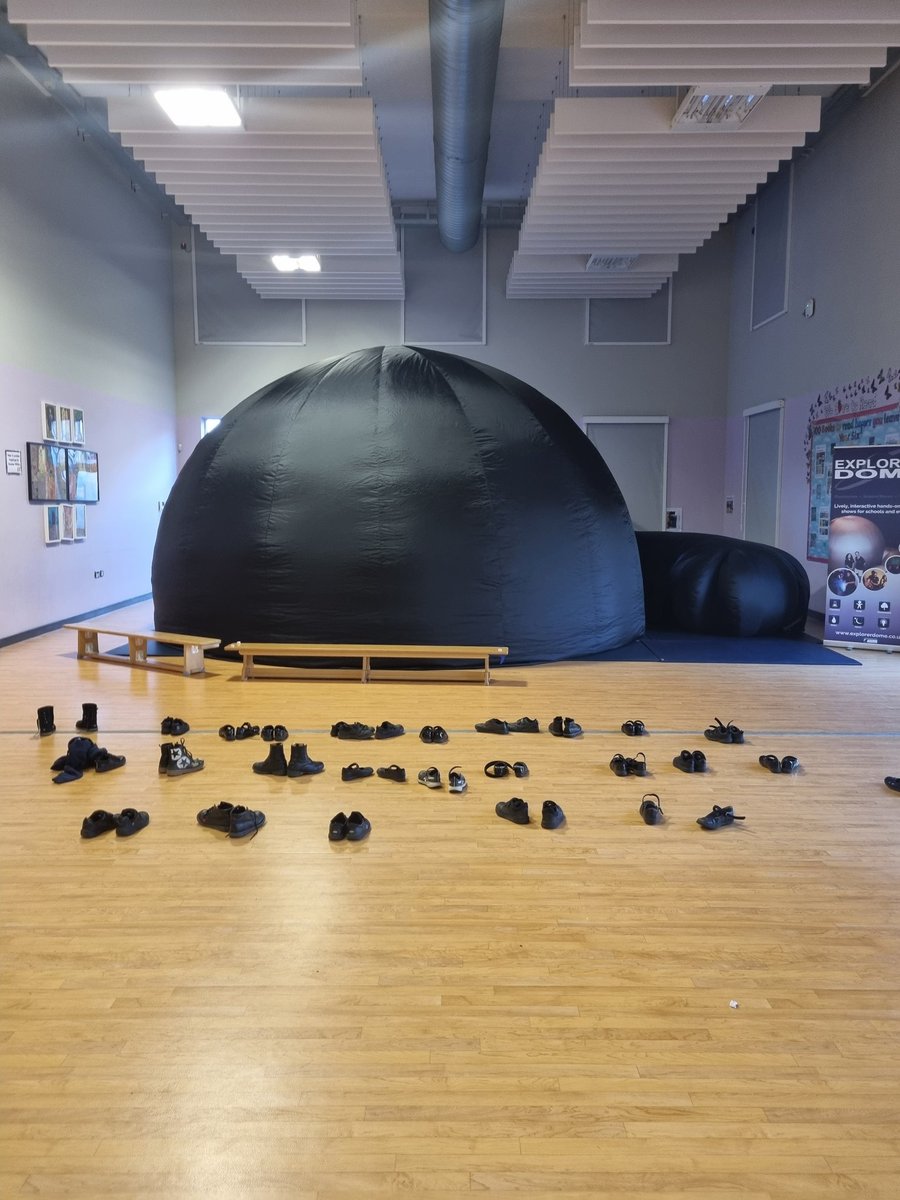Curriculum Overview
Curriculum Intent, Implementation and Impact
Intent
Our overarching aim of ‘Ambition For All’ encapsulates our determination to provide an outstanding education for every child, regardless of demographics and starting points. Our curriculum is central to this, as we work to close the limits to opportunity that exist in society. We begin with the principle that all children are equal and there is, therefore, equity of entitlement to knowledge for each of our pupils and their families. Our core values of respect, responsiblility and resilient run through this.
We ensure all our pupils have been exposed and introduced to a curriculum that has breadth and depth and can make links and connections with the world around them. To this end we have worked as a collaborative with other academies within our cluster to harness the expertise of colleagues to develop a challenging and rich curriculum model.
The high expectations we have of each member of staff drive forward this mission to open up opportunities for all children, creating challenging and stimulating lessons and activities as part of our curriculum.
Each subject has its own curriculum document which has been developed by our leaders. There are high expectations of subject knowledge from teachers so alongside these documents there is a commitment to providing regular high quality subject specific training for all teachers during the year.
Aims & Principles
To provide all pupils with opportunities to access and engage with the best that has been thought and said, but also to help pupils comprehend that while knowledge is powerful it is also insecure, contested and evolving. We encourage our pupils to see themselves as contributing to scholarship.
We secure concepts in English and Mathematics in early phases and this acts as a gateway to acquiring core knowledge in a rich range of other subjects.
An enriched vocabulary enables a better understanding of concepts and ideas and we facilitate access to knowledge beyond our pupils’ ordinary daily experiences. We do this by expanding their cultural capital and the breadth of their vocabulary. Children are exposed to a variety of texts both fiction and non-fiction, a wide range of creative arts and thoughtfully planned learning outside the classroom. We recognise that “the curriculum” is not just a timetable and that engagement in co-curricular opportunities is encouraged at every stage through everything from our varied and interesting extra-curricular clubs programme, sports team opportunities, enrichment activities such as theatre trips and museum visits as well as opportunities to perform in end of term performances, violin concerts and the Harris Harmony choir.
Implementation
Our curriculum aims to develop the capacity to accommodate new knowledge building upon prior knowledge and experiences. This approach is achieved through:
| Share Knowledge | Build Vocabulary | Make Connections | Evaluate |
| Through the use of knowledge organisers teachers carefully consider what they are going to teach by highlighting the non-negotiables that pupils need in order to be able to succeed. Pupils are expected to master these over time and this ensures that knowledge is built up in their long term memory | Teachers ensure that pupils have the necessary technical, specific and expressive vocabulary so that they can learn and master deep subject knowledge and understanding. | Making connections is key in learning. Knowing how and why something fits in makes it more likely that a learner will deepen their knowledge. Asking questions helps to both deepen and embed what we know, as well as makes links between areas of knowledge | The ability to reflect on prior learning is key to making progress. This ensures that links are made within and across areas of learning and subject areas. When pupils have regular retrieval practice, teachers are able to more effectively plan for the next steps. |
Our curriculum incorporates the statutory requirements of the National Curriculum and other experiences and opportunities which best meet the learning and developmental needs of our pupils. Subjects are taught as discrete subjects but our curriculum is structured so that between ideas and skills across subjects are made whenever appropriate.
Having a broad knowledge base, and an ability to find connections between ideas is central to our curriculum. The academy’s curriculum is broad and balanced and the ‘outstanding development of the international dimension of the curriculum’ is recognised by its achievement of the British Council’s ‘International Schools Award’. Leaders have mapped out their subjects to ensure a clear sequence of learning and they support teachers to understand the key concepts, knowledge and skills to be taught effectively. Children need to know that the Vikings came after the Romans, but also need the skills to be able to compare the two periods. Pupils benefit from a range of subject specialist teachers for certain subjects, such as MfL, PE and music.
Music and performance have a high profile in the academy and the academy has specialist music teachers, with each child receiving a weekly music lesson. Every child learns an instrument, at KS1 the recorder and at KS2 opportunities for ensemble and solo performances are planned for and provided both within the academy. Harris Primary East Dulwich also makes full use of the skills of a wide range of professionals; throughout their time at the academy, children will work with specialist coaches. The academy holds the ‘Active Schools Silver Award’ for competitive sports, Artsmark Gold Award awarded by Arts council England and Green Flag school award.
There is a clear drive and ambition shown in every member of staff to ensure that every minute a child spends in the academy is quality learning time. This provides multiple opportunities for children to make progress, practice key skills and consolidate prior learning. This is both within timetabled lessons, planned visits to museums, art galleries and other educational resources, residential trips and in the wide range of extra-curricular activities which help to ensure that every pupil is able to develop strong cultural capital. These clubs support the core curriculum offer, as well as offering opportunities to develop specialist skills beyond the core curriculum, such as piano, yoga, and taekwondo. This helps form a strong foundation from which pupils can flourish.
A summary of our whole-school overview is attached. This details the sequence for teaching within the Academy which will ensure that each pupil is able to build upon their prior knowledge, developing, embedding, extending, making connections within and across subjects, enabling children to know more and remember more.
There is a clear overarching programme of CPD for staff which ensures that training is provided to support the teaching and learning in all stages, and in all subject disciplines. We work closely with colleagues from the other academies in our cluster to share good practice and expertise. This ensures that all staff are able to engage in professional reflective debate about teaching and learning which helps to support their development as educators.
In reception, the EYFS statutory curriculum is followed. Specific learning objectives are planned which meet the needs of the children, and which the staff know will engage, motivate and inspire a thirst for learning. Leaders have mapped out a sequence of learning for reading, writing and mathematics, which ensures concepts, knowledge and skills are built upon during EYFS, preparing pupils well for the primary phase of their education (see separate EYFS 3Is statement).
Within the reading curriculum is a focus on ensuring that pupils have access to a class novel or non-fiction book, which is read with them daily. This is so that pupils are exposed to, appreciate and enjoy the beauty of language and literature at a level which they may not otherwise be able to access. These books have been determined in advance, and a list for each year group has been drawn up. This ensures that all pupils have the opportunity to develop cultural capital, as well as a love for reading.
The following resources are available to support the implementation of the curriculum:
- Subject overviews
- Knowledge organisers for KS1 and KS2
- Resources to support teachers, such as White Rose Maths Mastery, Switched On, Jigsaw
- Assessments – retrieval practice examples as well as end of unit tests
- Academy and cluster subject specific staff training
- Cluster planning sessions and ‘Team’ portal
- Consultant support
Impact
We believe that our curriculum will make a profound, positive impact to the outcomes of every child. The structure of our curriculum enables us to return to core knowledge and skills pupils should have mastered at regular intervals across the year and key stages.
We will know that this is true as we are delivering a high standard of education, quality assured through qualitative and quantitate measures such as:
- attainment and achievement outcomes
- standards of learning in pupils’ books
- Assessment for learning information
- pupil voice
- attendance data
- behaviour data
Across our academy, we use regular and robust triangulated monitoring of the above measures to gauge the impact of our curriculum design. Leaders at all levels review learning, talk to pupils and provide feedback to move practice forward.
We believe that it is essential that teachers have a good knowledge of the subjects they teach. Leaders ensure that effective support is in place for this to happen and as a result of assessing curriculum impact will ensure CPD is in place to further support teachers in identified areas.
Our teachers use assessment to help them plan lessons, adapt lessons to measured gaps in knowledge and skills and, if necessary, re-teach where misunderstandings persist. Assessment needs to be regularly repeated, and instruction adapted to the results of each assessment.
Our formative assessments are designed to support pupils in achieving fluency in each subject. This means that in lessons pupils are quizzed on prior knowledge in order to embed this knowledge in their long-term memory. This frees up their working memory to attend to current learning. We are particularly conscious of the role that literacy and vocabulary plays in unlocking the whole curriculum. Our teachers explicitly teach the meaning of subject-specific language, and we expect lessons to contain challenging reading and writing outcomes at all times.
Knowledge organisers provide our pupils with key information in each Foundation subject, enabling them to develop their understanding of key concepts outside of their lessons. These set out the important, useful and powerful knowledge on a topic on a single page. For teachers to be able to adapt their teaching effectively, they rely on a range of assessment tools to provide data on the knowledge pupils have and how much more they have remembered over time. We call this ‘low stakes’ testing or retrieval practice- quizzing, multiple-choice questions and flashcards are all effective forms of retrieval practice that we use.
Children have opportunities to share their learning with each other, their parents and carers and other learners through academy-based and external exhibitions, learning celebrations, performances, competitions and events involving other schools and academies. Developing their independence and motivation as learners and their sense of responsibility as future citizens is at the heart of all our teaching and learning.
